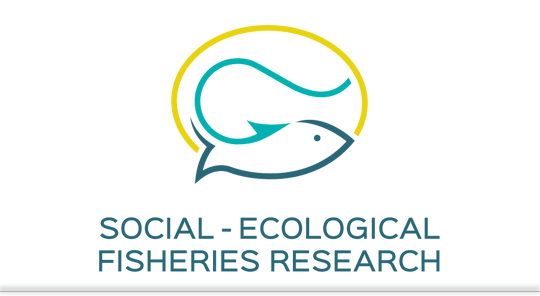Most academics and, by the same token, departments and whole organizations, are today explicitly ranked, or implicitly valued, according to quantitative measures of research output, such as number of publications in journals with an impact factor, citation rates, and cumulative grant income. A prominent example is the British Research Assessment Exercise (www.rae.ac.uk). Similarly, all search processes to fill tenure-track research positions will follow, or be influenced by, some metric of research productivity. There are obvious downsides to such procedures (Lawrence 2007; Alberts 2013), yet current practice continues to promote the ranking of people or research units based on ill-defined performance metrics that are often only modestly and sometimes even completely uncorrelated with scientific quality (Brembs et al. 2013; Eyre-Walker and Stoletzki2013; Macilwain 2013). I contend here that non trivial socialcosts are emerging from the perverse focus of many presidents, deans, hiring committees, and researchers on quantity-based output metrics. In fact, I suggest that the orientation of the research community to meet these powerful metrics collectively undermines, slowly but steadily, the scientific and higher education systems (Weingart 2005; Adler and Harzing 2009). These developments bear an analogy to the open-access exploitation of natural resources (Hardin 1998) and financial markets (Ségalat 2010). In both cases, individual rational behavior designed to maximize individual pay off causes system destruction if it remains self-organized and unmanaged. To manage undesirable changes, leaders of the game have to rapidly modify its rules. Otherwise, our science and higher education systems are doomed to produce suboptimal outcomes at best or to become dysfunctional at worst. The consequences for university-based fisheries science might be particularly severe as will be outlined below.
Are current research evaluation metrics causing a tragedy of the scientific commons and the extinction of university-based fisheries programs?
Peer-reviewed

Arlinghaus, R. (2014). Are current research evaluation metrics causing a tragedy of the scientific commons and the extinction of university-based fisheries programs? Fisheries, 39, 212-215
Published
: 2014
Appeared in
: Fisheries, 39, 212-215
